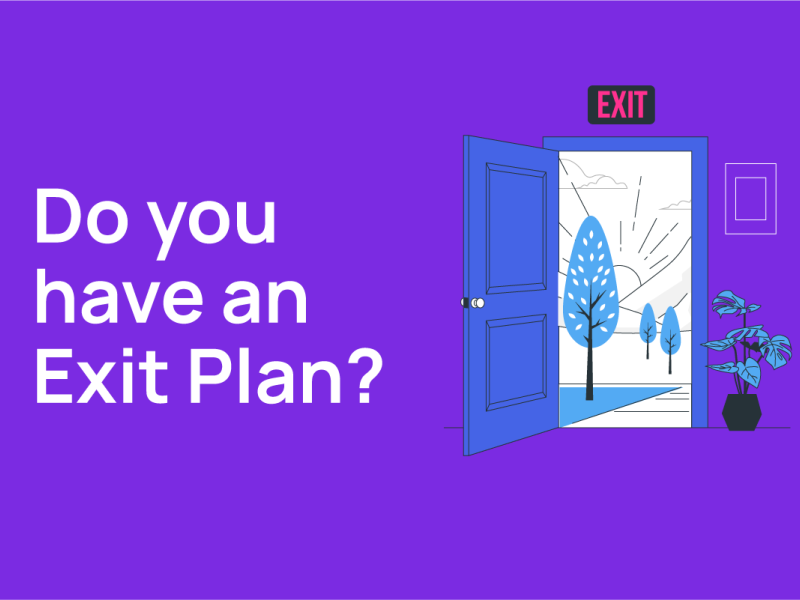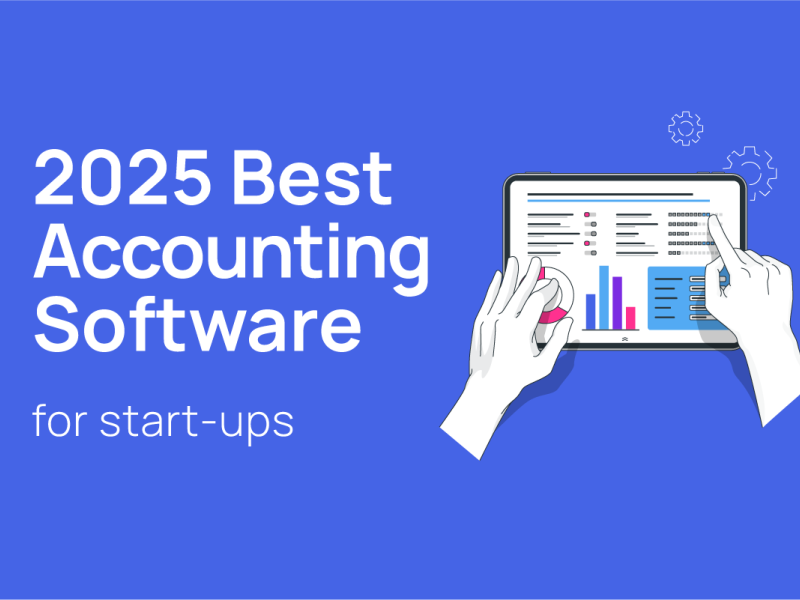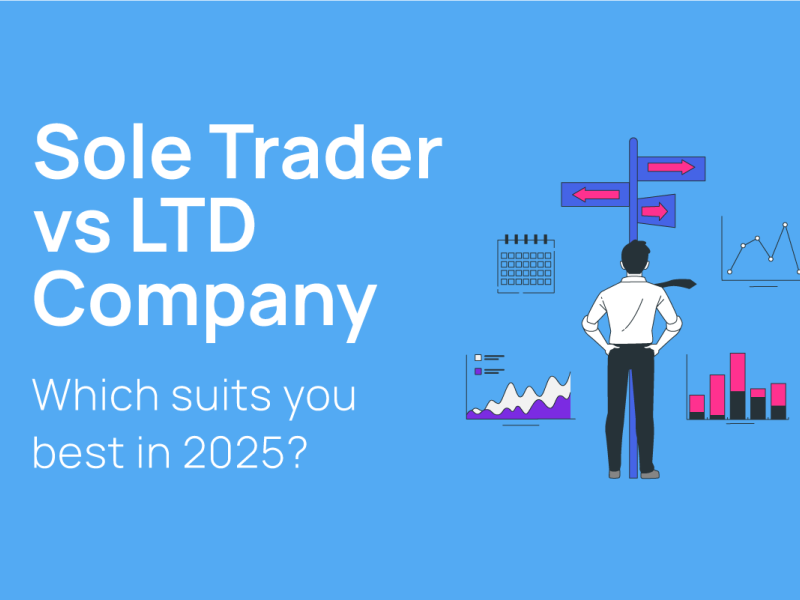How to find the right Accountant
-
Richard Jackson - 25/03/2024

Let's face it—you're not short of choice! Although this can be confusing, it's a good thing. You need to take time to appoint a good fit, as you'll likely to be working together for many years.
Honesty, reliability, and clear communication are a good place to start.
Benefits of finding the right accountant for your business
Finding the right accountant for your business can have many benefits, such as:
- Having a trusted partner who understands your business and supports your vision.
- Getting tailored solutions that suit your needs and goals.
- Avoiding mistakes and penalties that could cost you time and money.
- Achieving your financial goals and growing your business
Finding the right accountant for your business is not an easy task, but it is worth the effort. By following these tips and questions, you can find an accountant who can help you with your financial tasks, advise you on financial matters, and help you grow your business.
How to find a good accountant
There are many ways to find a good accountant for your business, such as:
- Asking for recommendations from your friends, family, colleagues, or other business owners in your network
- Checking their qualifications and experience, such as their education, certifications, memberships, and awards
- Looking for a specialist in your industry or location who understands your business's specific challenges and opportunities.
- Reading online reviews and testimonials from their previous or current clients
- Visiting their website and social media profiles to learn more about their services, values, and personality.
Selecting an accoutnant based on a specialist area
Another factor to consider when choosing an accountant is their specialist area. Different accountants may have different expertise and experience, which may suit your business better than others.
For example:
- Your company may specialise in property development or property investment. While most generalist accountancy firms can handle small portfolios, it often pays to have specialist advice available when you have an extensive portfolio or complex projects.
- If you are starting a seed-funded company, you will have reporting responsibilities that, depending on experience, might not be suitable for some accountants to handle. It pays to ask.
- When should you use a generalist accountant? 95% of small businesses have relatively basic business models and will not need specialist advice. Providing your accountant is experienced in advising a range of small businesses from different sectors and has relevant tax knowledge you should be ok.
4 Costly Mistakes Business
Owners Make with Dividends
Imagine paying dividends for years, thinking you're doing everything right. But then, one day, you discover you've made a costly mistake that could ruin your business. A mistake that could have been avoided.
Don't let this happen to you. Learn the 4 common dividend errors that can destroy your business - and how to prevent them.

Selecting an accountant by business size
The size of your business may also affect your choice of an accountant. Different sizes may have different accounting needs and expectations.
For example:
- If you are a one-person company, you may need an accountant who can handle all your accounting tasks, from bookkeeping to tax preparation. You may also need an accountant who can offer you personalised and flexible service, and who will charge you a reasonable and affordable fee.
- If you are running an agency, you may need an accountant who can handle your accounting tasks, as well as your payroll, invoicing, and billing. You may also need an accountant who can offer industry-specific advice and guidance and understand your unique challenges and opportunities.
Selecting an accountant depending on the stage of your business
The stage of your business may also influence your choice of an accountant. Different stages often require different levels of accounting support and expertise.
For example:
- If you are a start-up, you need an accountant who can help you with the basics, such as setting up your accounting system, registering your business, and filing your tax returns. You may also need an accountant who will help you with your business plan, financial projections, and funding options.
- If you are in the growth stage, you probably need an accountant who can help you with more complex and strategic issues, such as managing your cash flow, optimising your tax position, and expanding your business. You may also need an accountant who can help you with your financial reporting, budgeting, and forecasting.
- If you are an established business, you may need an accountant who can help you maintain and improve your financial performance, such as reducing your costs, increasing your profits, and improving your efficiency. You may also need an accountant who can help you with succession planning, exit strategy, or business valuation.
Questions to ask an accountant before hiring them
Once you have a shortlist of potential accountants, you should contact them and arrange a meeting or a consultation. This is your chance to ask them some questions and see if they are a good fit for your business.
Some of the questions you should ask are:
- What are your fees and charges, and how do you bill your clients?
- What are your service levels, and how often will you communicate with me?
- What are your communication methods, and how do you prefer to be contacted?
- How available and responsive are you, and how quickly will you answer my queries or requests?
- How do you keep up to date with the latest tax and legal changes, and how will you inform me of them?
- How do you protect your client's data and privacy, and what are your security measures?
- How do you handle disputes or complaints, and what are your policies and procedures?
- How do you measure your performance and satisfaction, and what are your goals and expectations?
Feel free to book a 15-minute discovery call here and ask me these questions or any others you may have.
4 Costly Mistakes Business
Owners Make with Dividends
Imagine paying dividends for years, thinking you're doing everything right. But then, one day, you discover you've made a costly mistake that could ruin your business. A mistake that could have been avoided.
Don't let this happen to you. Learn the 4 common dividend errors that can destroy your business - and how to prevent them.

Switching accountants
Sometimes, you may find that your current accountant is no longer meeting your expectations or needs. This could be because your business has grown or changed, your accountant needs to become more responsive and reliable, or you have found a better offer elsewhere.
Whatever the reason, you should not be afraid to switch accountants if you feel it is in your best interest.
Switching accountants is not as difficult or complicated as you may think. Here are some steps to follow to make the process smooth and hassle-free:
- First, find a new accountant, agree on a fee, and sign an engagement letter.
- Your new accountant will guide you through a process called "professional clearance". Our process is to ask our new client to inform their current firm of their intention to switch by email with us cc'd. This is the end of our new client's involvement in the process, provided they are up to date with their fees.
- We will write to your old accountants and request professional clearance, essentially asking if they know why we should not accept the appointment.
- We then request the handover of all your key information directly from your old firm and update our systems.
- That's it. It's all done, and switching accountants is as easy as that.
Switching accountants may seem like a daunting task, but it can be beneficial for your business. You can improve your financial management and grow your business by finding an accountant who can offer you better service, advice, and value.
Final thought
Who you choose needs to be based primarily on trust and how well you can communicate with your chosen accountant. An accountant may not be a specialist in your area, but they will have access to consultants who are, so if you've found the right person to be your accountant, that's the most important thing.
For example, we have clients who require tax filings in the USA, and we outsource on their behalf to specialists in the USA. We also have UK consultants who work on R&D claims.
Our client deals with one person they trust and feel comfortable talking to.
In my 15 years of running a practice, communication and trust are the two most important elements of a productive working relationship.
Download our Free Guide
4 Costly Mistakes Business Owners Make with Dividends
Imagine paying dividends for years, thinking you're doing everything right. But then, one day, you discover you've made a costly mistake that could ruin your business. A mistake that could have been avoided.
Don't let this happen to you. Learn the 4 common dividend errors that can destroy your business - and how to prevent them.



